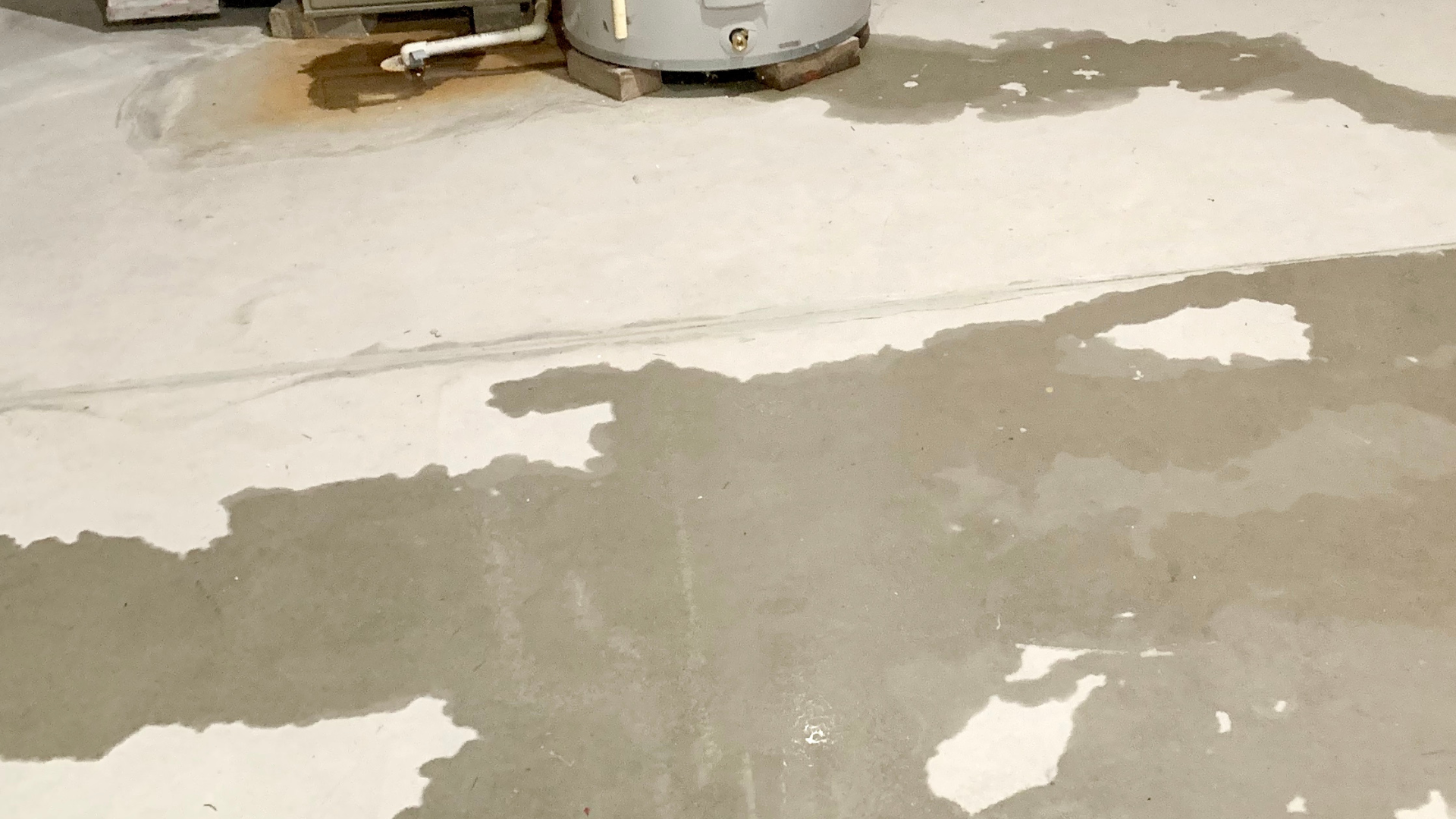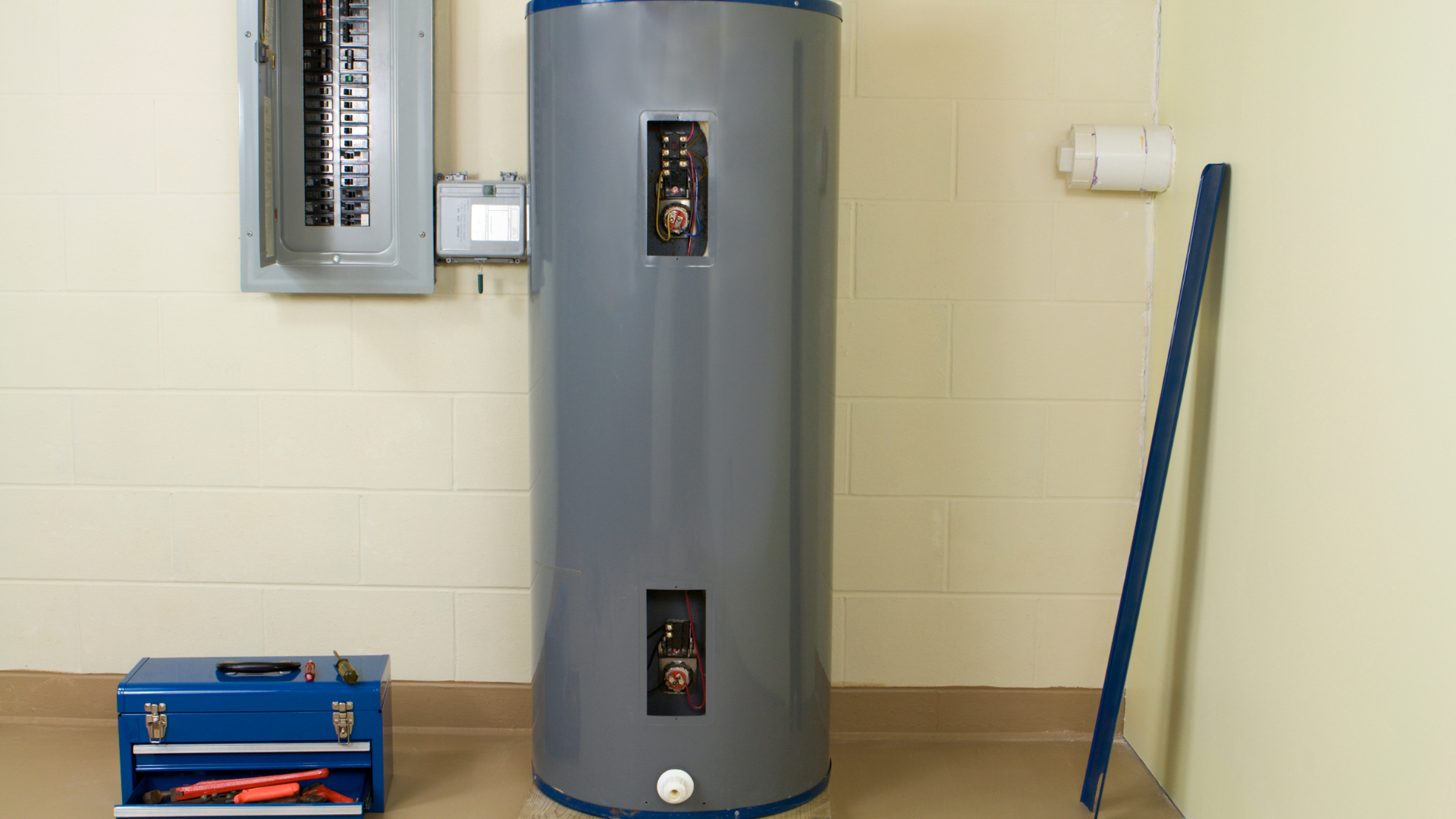Arizona
Navigating Home Services in Arizona: Licensing, Taxes, and Verification

For homeowners in Arizona embarking on a home improvement project, understanding the state's regulations for contractors and the application of sales tax is crucial. This guide outlines the key licensing requirements, how sales tax (Transaction Privilege Tax) applies to home service projects, and essential steps to verify a contractor's license, ensuring a smooth and compliant experience.
Licensing Requirements for Home Service Contractors in Arizona
In Arizona, most home service contractors are required to be licensed by the Arizona Registrar of Contractors (AZ ROC). This applies to anyone who builds, alters, repairs, adds to, subtracts from, improves, moves, wrecks, or demolishes any structure, whether for residential or commercial purposes. The type of license a contractor needs depends on the scope and nature of the work they perform.
Key requirements for obtaining a contractor's license in Arizona typically include:
- Qualifying Party: The applicant must identify a "Qualifying Party" who is regularly employed by the licensee and possesses the necessary experience, knowledge, and skills to supervise or perform the work for the specific license classification. This individual must have a minimum of four years of practical or management trade experience within the last ten years, directly related to the license classification.
- Examinations: The Qualifying Party must pass both the Arizona Statutes and Rules Exam (SRE) and a specific trade exam relevant to their license classification. The SRE is an open-book, computer-based course and exam, while trade exams test specific knowledge.
- Background Checks: All individuals named on the license application form must undergo and pass a criminal background check.
- Surety Bond: Contractors are required to obtain a surety bond. The bond amount varies based on the license type (residential or commercial) and the projected volume of work. This bond serves to protect consumers in case the contractor fails to comply with licensing laws or perform satisfactory work.
- Business Entity Formation: Contractors must establish a legal business entity (e.g., LLC, corporation, partnership, or sole proprietorship).
- Application and Fees: A completed application form, along with proof of all requirements and applicable fees (application and license fees), must be submitted to the AZ ROC.
- Insurance: While specific minimum general liability insurance limits are not always stated, obtaining general liability insurance is compulsory to cover third-party bodily injury and property damage.
It's important to note that residential licenses and commercial licenses have distinct classifications and requirements. There are also "dual" licenses that cover both residential and commercial work. Specialty contractors (e.g., electricians, plumbers, HVAC technicians) also require specific licenses for their trades.
How Sales Tax (Transaction Privilege Tax) Applies to Home Service Projects
Arizona's sales tax is officially known as the Transaction Privilege Tax (TPT). Unlike sales tax in many other states, TPT is levied on the vendor for the privilege of doing business in Arizona, rather than directly on the purchaser. While vendors typically pass this tax on to the customer, the ultimate liability for TPT rests with the vendor.
For home service projects involving construction, remodeling, or repairs, the following generally applies:
- Contracting as a Taxable Activity: Contracting activities in Arizona are generally subject to TPT. This includes the gross proceeds of sales or gross income derived from the job, which encompasses both labor and materials.
- Materials Purchased by Contractors: In Arizona, contractors generally do not pay TPT on the materials they purchase for a project. Instead, the TPT is applied to the total contract amount charged to the homeowner, which includes the cost of materials and labor.
- Varying Rates: TPT rates can vary depending on the specific city and county where the work is performed, in addition to the statewide rate. Contractors are responsible for collecting and remitting the correct TPT based on the project's location.
- Separate Invoicing: While not explicitly required for TPT purposes, some contractors may choose to separate labor and material costs on invoices. However, for construction activities, the TPT is typically applied to the total project cost.
It is always advisable for homeowners to clarify how TPT will be applied to their specific project with their chosen contractor and to ensure all charges are clearly outlined in the contract.
How to Verify Licensing in Arizona
Verifying a home service contractor's license in Arizona is a critical step to protect yourself and ensure you're working with a legitimate and qualified professional. The Arizona Registrar of Contractors (AZ ROC) provides accessible tools for this purpose.
Here's how to verify a contractor's license:
Online Contractor Search: The most efficient method is to use the AZ ROC's online Contractor Search tool. You can typically search by:
- License Number: If you have the contractor's six-digit ROC license number (often found on their business card or website), this is the most direct way to search. Remember to include any leading zeros (e.g., 001234).
- Contractor's Name or Business Name: You can also search by the individual's name (first name, then last name) or the business name.
- Advanced Search: The online tool often offers advanced search options to filter by city, license classification, status (active, inactive, suspended), and more.
Contact the AZ ROC Directly: If you encounter any technical issues with the online search or prefer to speak with someone, you can contact the Arizona Registrar of Contractors by phone. They can verify license status and provide information related to the license.
When verifying a license, pay attention to:
- License Status: Ensure the license is "Active" and not expired, suspended, or revoked.
- License Classification: Confirm that the contractor's license classification matches the type of work you need done (e.g., residential remodeling, electrical, plumbing).
- Bond Information: The AZ ROC website may also provide details about the contractor's surety bond.
- Complaint History: While not always immediately visible on the initial search, the AZ ROC also handles complaints against licensed and unlicensed contractors. You can often inquire about a contractor's complaint history by contacting them directly.
Taking the time to verify a contractor's license can save you from potential headaches, financial losses, and substandard work.
Sources:
- Arizona Registrar of Contractors (AZ ROC): The official state agency responsible for licensing and regulating contractors in Arizona. Their website is the primary source for licensing information and contractor verification.
- Website: https://roc.az.gov/
- Contractor Search: https://roc.az.gov/contractor-search
- Phone: (602) 542-1525 (Phoenix area) or (877) 692-9762 (toll-free)
- Arizona Department of Revenue (ADOR): The state agency responsible for administering tax laws, including the Transaction Privilege Tax.
- Website: https://azdor.gov/
- Transaction Privilege Tax Information: https://azdor.gov/business/transaction-privilege-tax
- AZTaxes.gov (Online portal for TPT licenses, filing, and payments): https://www.aztaxes.gov/
Click Another Article to Read More










